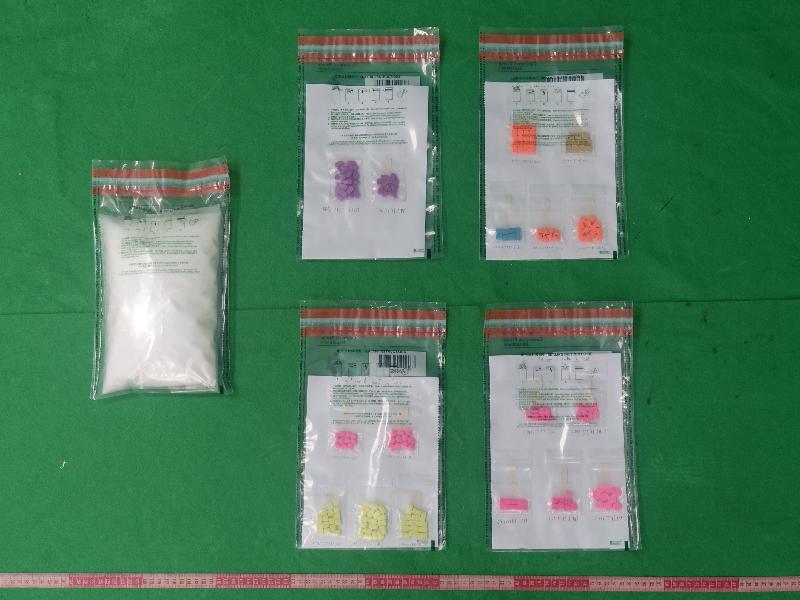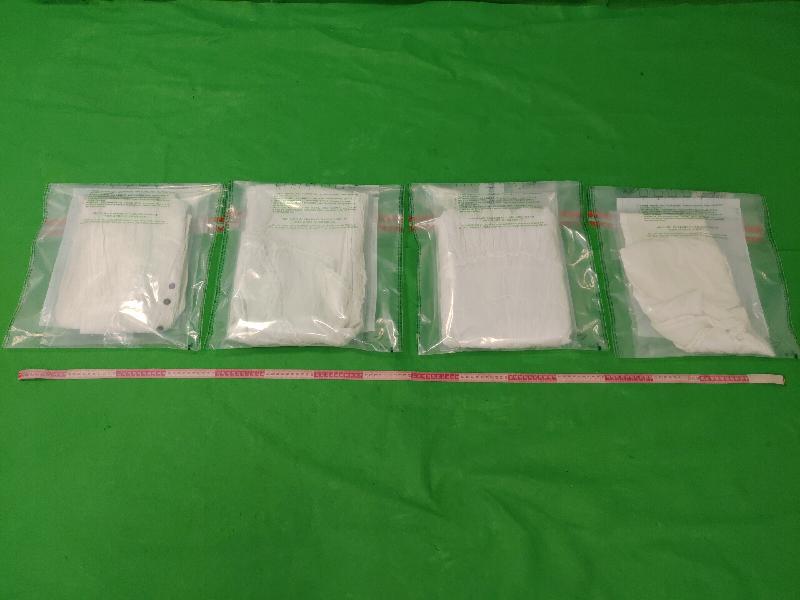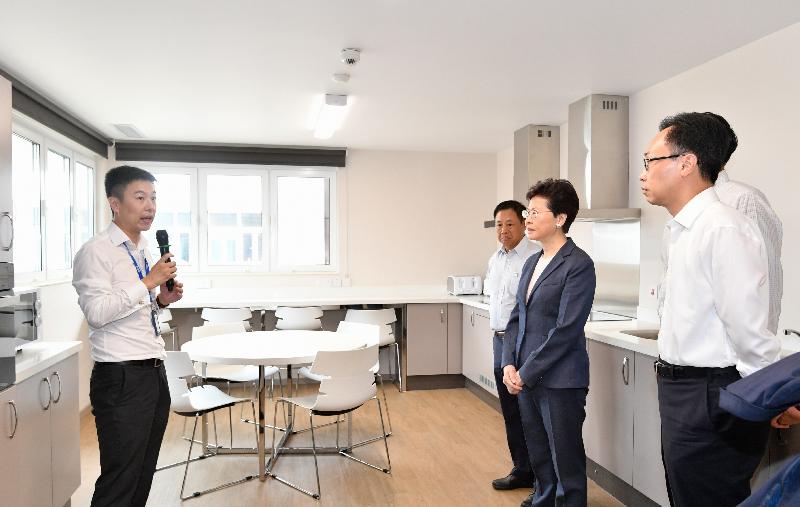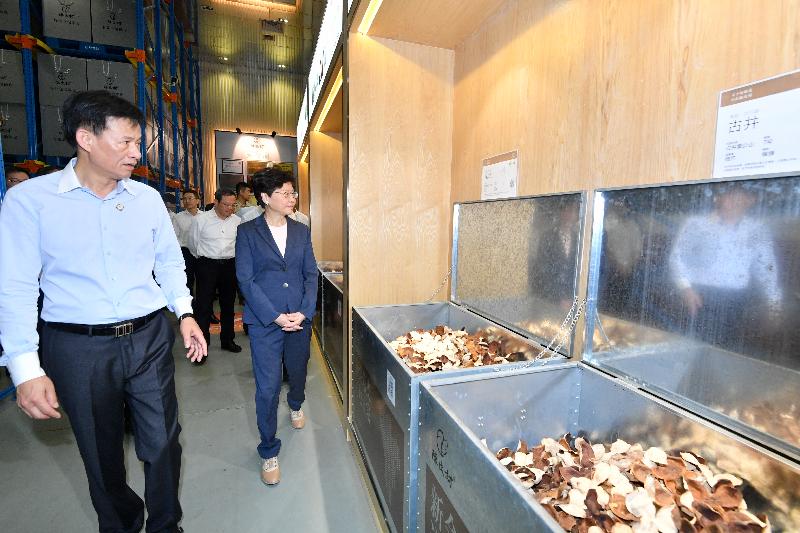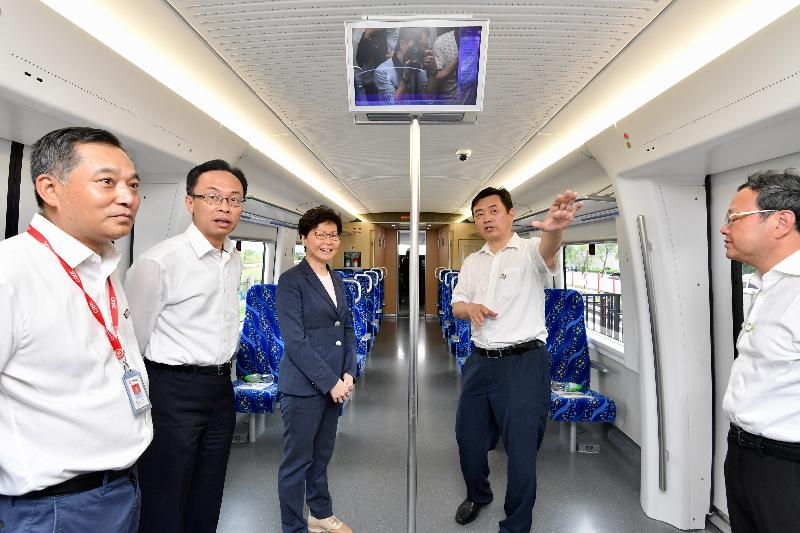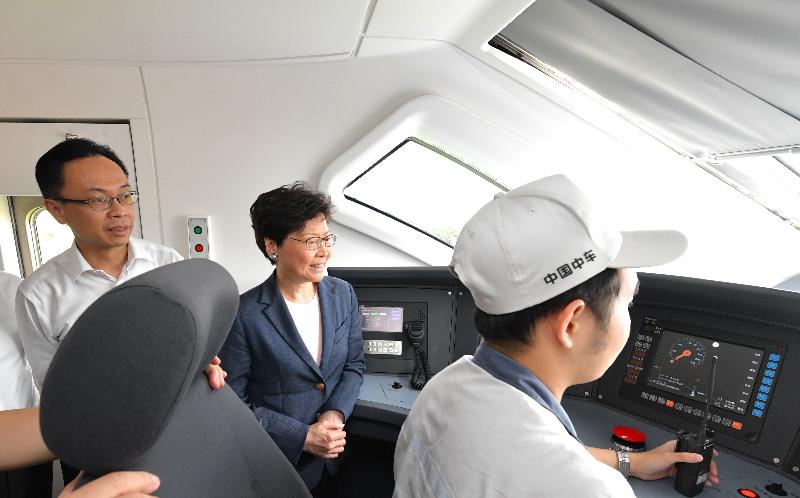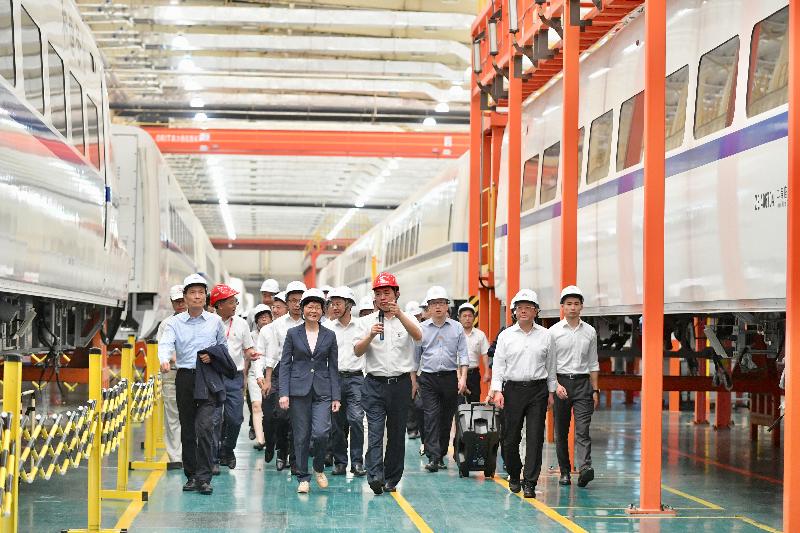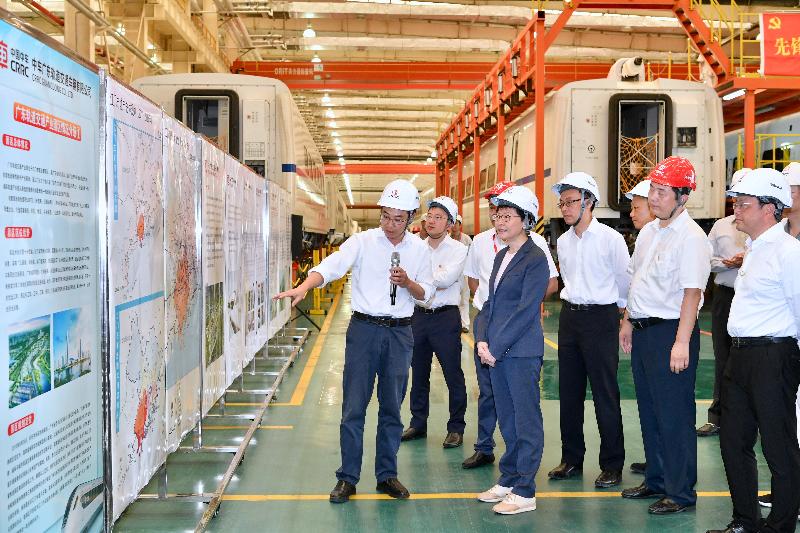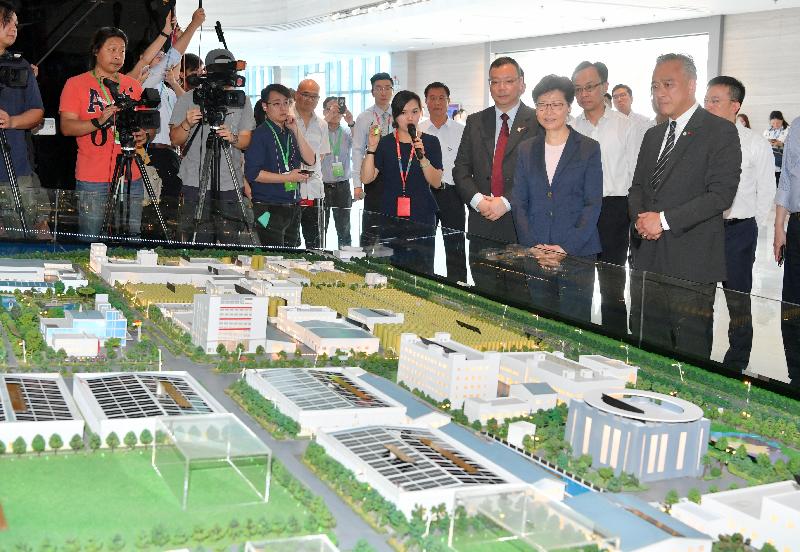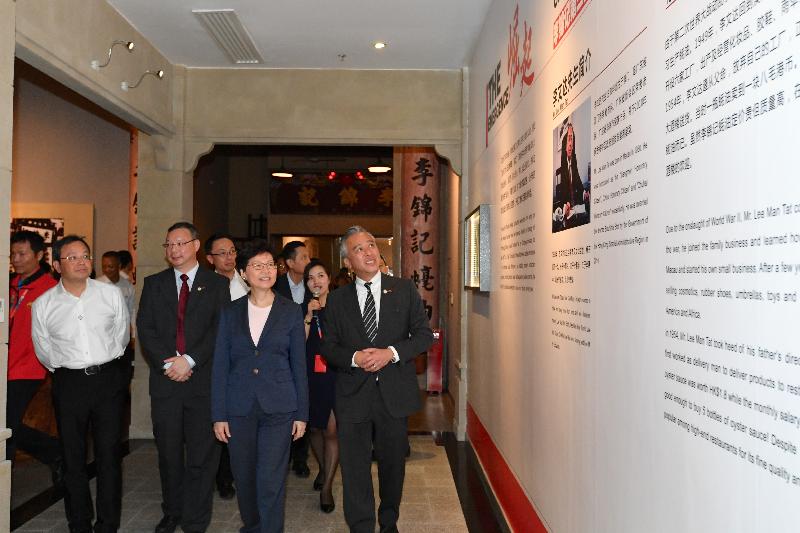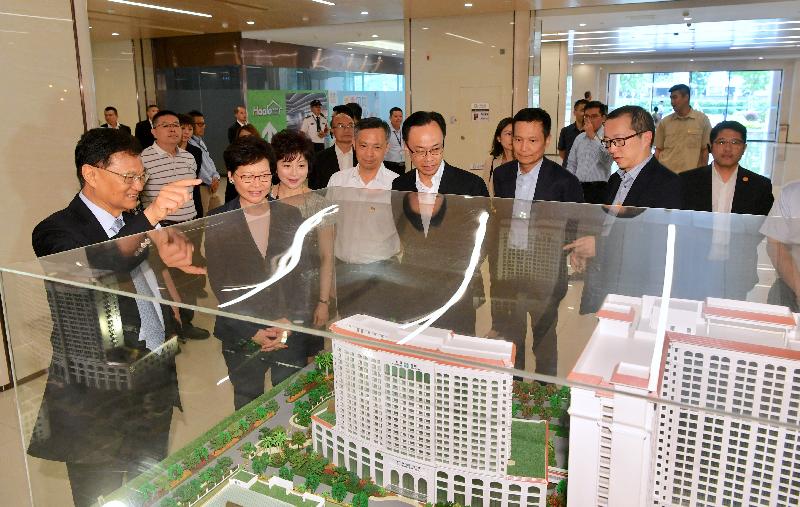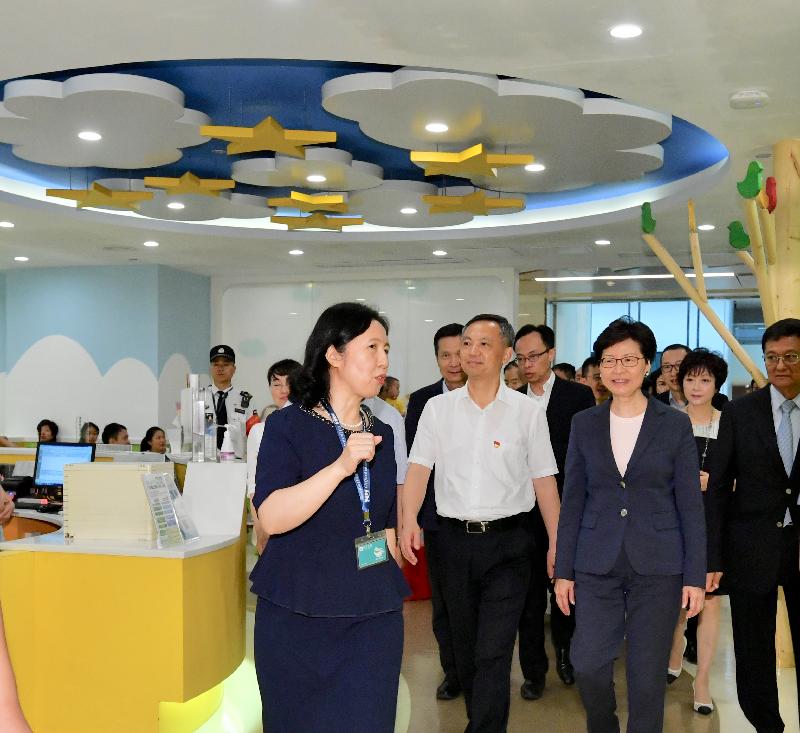CHP reminds public on precautions against heat stroke during very hot weather
The Centre for Health Protection (CHP) of the Department of Health (DH) today (May 19) reminded members of the public, particularly those undertaking outdoor activities, to take heed of necessary measures against heat stroke and sunburn in very hot weather.
"The public should carry and drink plenty of water to prevent dehydration while engaging in outdoor activities," a spokesman for the CHP said.
"Those engaged in strenuous outdoor activities should avoid beverages containing caffeine, such as coffee and tea, as well as alcohol, as they speed up water loss through the urinary system," the spokesman explained.
"The obese, the sick, including those with heart disease or high blood pressure, the old and the young are more vulnerable to heat-related illnesses. They should pay special attention," the spokesman added.
The public should adopt the following precautions:
- Wear loose and light-coloured clothing to reduce heat absorption and facilitate sweat evaporation and heat dissipation;
- Avoid vigorous exercise and prolonged activities like hiking or trekking as heat, sweating and exhaustion place additional demands on the physique;
- Perform outdoor activities in the morning or late afternoon;
- For indoor activities, open all windows, use a fan or use air-conditioning to maintain good ventilation; and
- Reschedule work to cooler times of the day.
If working in a hot environment is inevitable, introduce shade in the workplace where practicable, and start work slowly and pick up the pace gradually. Get into a cool area for rest at regular intervals to allow the body to recuperate.
The public should also note the latest and the forecast Ultraviolet (UV) Index released by the Hong Kong Observatory (HKO). When the UV Index remains high (6 or above):
- Minimise direct exposure of the skin and the eyes to sunlight;
- Wear loose long-sleeved clothing made of close-woven fabrics;
- Wear a wide brim hat or use an umbrella;
- Seek a shaded area or put on UV-blocking sunglasses;
- Apply a broad-spectrum sunscreen lotion with a sun protection factor (SPF) of 15 or above. Apply liberally and reapply after swimming or sweating; and
- While using DEET-containing insect repellents for personal protection against mosquito-borne diseases, apply sunscreen first, then insect repellent.
If symptoms develop, such as dizziness, headache, nausea, shortness of breath or confusion, rest and seek help immediately, and seek medical advice as soon as possible.
The public may get more information from the DH's Health Education Hotline (2833 0111), heat stroke page and UV radiation page; the HKO's Dial-a-Weather (1878 200), latest weather and forecast, UV Index and weather information for hiking and mountaineering; and press releases of the Labour Department on precautions against heat stroke for outdoor workers and their employers when the Very Hot Weather Warning is in force.
